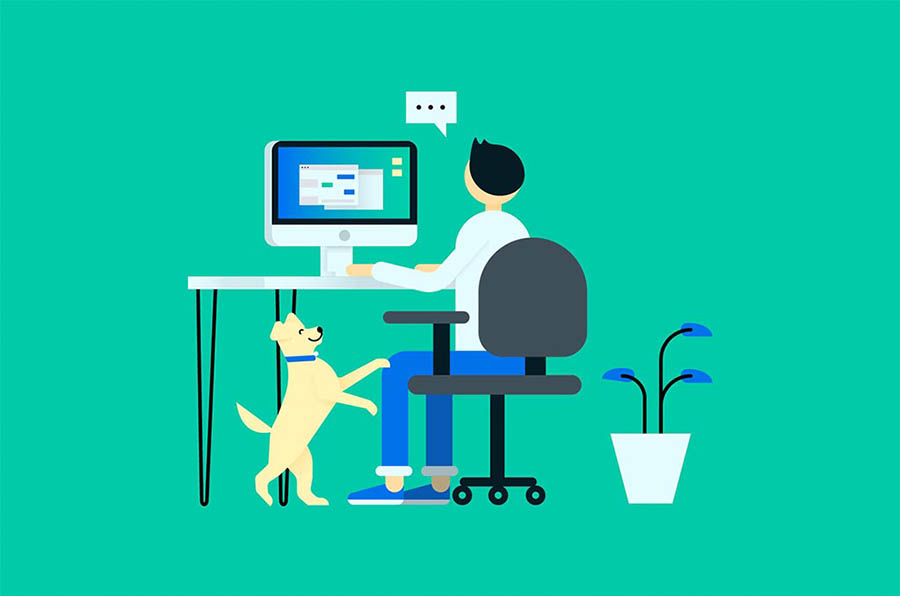Currently we are all being encouraged to work from home. While that is not always possible, for those that can there are important points to consider when working remotely in order to securely manage data. Here are 8 strategies I found particularly useful.

- Keep
personal and work separate and stick to your own devices.
Try to have separate devices for your work and personal life. Having a dedicated work device is much more secure for the company. While not always possible best practice would be for the company to supply the required devices. - Have a
Cyber security policy.
Have a clear expectation for cyber security when working from home. If the company has their own devices this can be easier to control as they will be responsible for virus protection software and how files are encrypted etc. This is not always possible therefore it is necessary to check the state of the device an employee will be using. Are you assured that their virus protection is up to the standard necessary? - Do not
open unfamiliar emails, files or links.
Opening things from unfamiliar sources can be catastrophic when working from home. Your clients and employees are instantly put at risk and there is a multitude of methods that can be used to steal data from them. - Encrypt
your data.
Encrypting data means that if a person doesn’t have the correct passcode then they cannot read the data. When working from home, data will regularly be sent back and forth between employees, if it is encrypted it is less likely to be leaked. - Have a
secure password.
Your password cannot be simple. It needs to consist of uppercase and lowercase letters, symbols and numbers. It is best if the password has no connection to the person or company e.g. shredding1 would not be the best choice of password for me. - Keep up
with the updates.
Regularly let the computer do updates. Updates are vital for ironing out glitches and security risks that have been identified. - Do not
connect to a public/open network.
If you require internet and you are out and about away from home and work then using your phone as a hotspot is a better solution than connecting to an open network. Connecting to an open network can allow anyone on that network to access your data. - Back up
data regularly.
Some viruses are destructive and may not even steal any information. There are viruses that allow files to duplicate until your pc is so packed that you can’t even turn it on. Others aim to wipe your entire hard drive. Always back up your data to a secure drive. Either an external hard drive or a cloud-based file system that the company uses.
Should the worst happen, and the data is compromised it is important to report it to the relevant authority within your company.
Specialising in secure confidential document shredding services with a reputation for exceptional security, customer service. Delivering value for money and the utilisation of leading technology compliant to the highest security standards within the industry.
